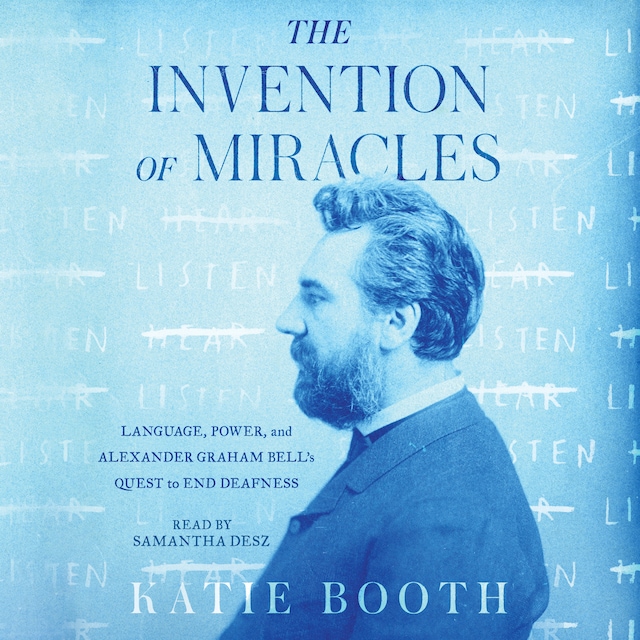
The Invention of Miracles
Language, Power, and Alexander Graham Bell's Quest to End Deafness
Tietoa kirjasta
Finalist for the PEN/Jacqueline Bograd Weld Award for Biography
Finalist for the Mark Lynton History Prize
“Meticulously researched, crackling with insights, and rich in novelistic detail” (Steve Silberman), this “provocative, sensitive, beautifully written biography” (Sylvia Nasar) tells the true—and troubling—story of Alexander Graham Bell’s quest to end deafness.
“Researched and written through the Deaf perspective, this marvelously engaging history will have us rethinking the invention of the telephone.” —Jaipreet Virdi, PhD, author of Hearing Happiness: Deafness Cures in History
We think of Alexander Graham Bell as the inventor of the telephone, but that’s not how he saw his own career. As the son of a deaf woman and, later, husband to another, his goal in life from adolescence was to teach deaf students to speak. Even his tinkering sprang from his teaching work; the telephone had its origins as a speech reading machine.
The Invention of Miracles takes a “stirring” (The New York Times Book Review), “provocative” (The Boston Globe), “scrupulously researched” (Pittsburgh Post-Gazette) new look at an American icon, revealing the astonishing true genesis of the telephone and its connection to another, far more disturbing legacy of Bell’s: his efforts to suppress American Sign Language. Weaving together a dazzling tale of innovation with a moving love story, the book offers a heartbreaking account of how a champion can become an adversary and an enthralling depiction of the deaf community’s fight to reclaim a once-forbidden language.
Katie Booth has been researching this story for more than fifteen years, poring over Bell’s papers, Library of Congress archives, and the records of deaf schools around America. But she’s also lived with this story for her entire life. Witnessing the damaging impact of Bell’s legacy on her family would set her on a path that overturned everything she thought she knew about language, power, deafness, and the telephone.


